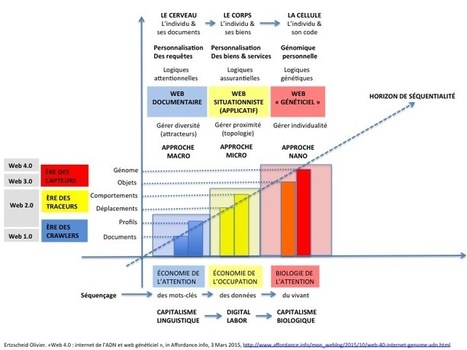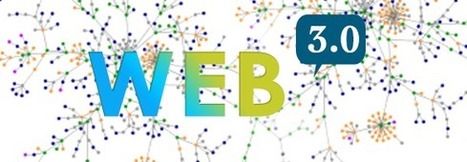The Web is changing. It's becoming a thinner, personalized, pervasive, ambient, assistive layer that weaves into our life. So what new opportunities does this create?
Get Started for FREE
Sign up with Facebook Sign up with X
I don't have a Facebook or a X account
 Your new post is loading... Your new post is loading...
 Your new post is loading... Your new post is loading...

Martin (Marty) Smith's curator insight,
January 12, 2013 7:41 PM
Entropy and 2013
The article discusses the loosening of the web. Static pages defined a priori are going away. Code and systems design will replace predefined pages with pages created on the fly.
Right brainers are creatives and left brainers are detailed oriented engineers. Pink's persuasive argument is we've engineered as far as we can. Think of the web. The pressure on Internet marketing now is NOT creation of a website anyone can do that. The pressure is in creating content that wins hearts and minds.
|
|




















